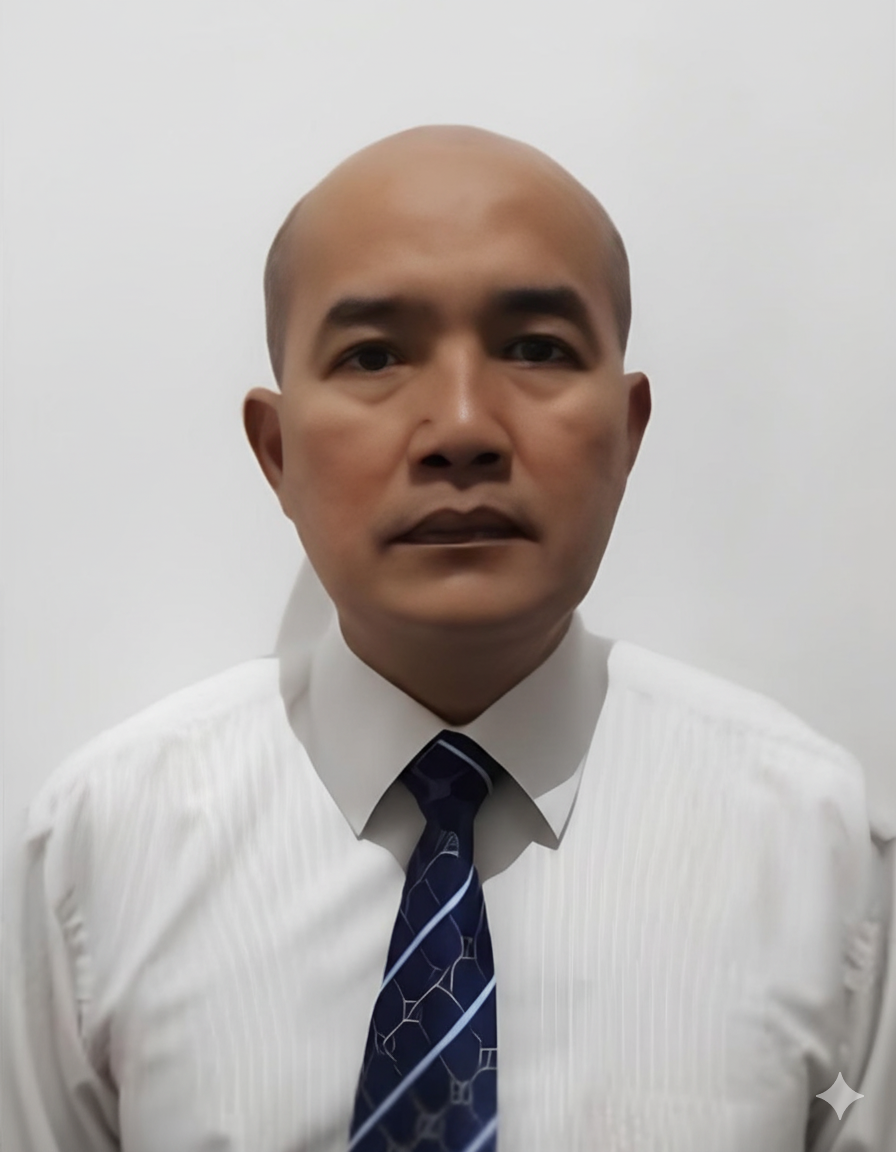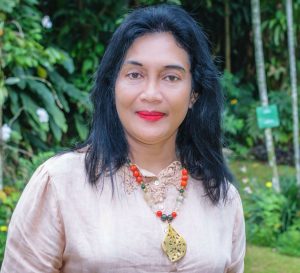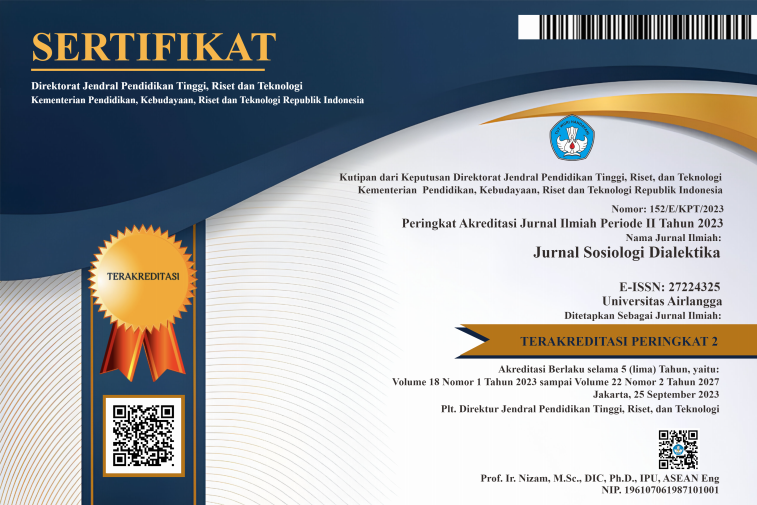Higher education capitalism in Indonesia as a social problem: A case study in the digital age
Downloads
Since the Indonesian state entered the reform era in 1998, several state universities that were centers of scientific development had their legal status changed by the government to become State-Owned Legal Entity University. From a sociological perspective, changes in legal status are commonly understood as institutional changes, which include changes in the norms that refer to governance, changes in governance procedures, and changes in organizational structure and governance. Some of the State Universities that have changed their legal status (institutions) are the Universitas Indonesia (UI), Universitas Gadjah Mada (UGM), Institut Pertanian Bogor (IPB), Institut Teknologi Bandung (ITB), Universitas Sumatera Utara (USU), Universitas Pendididikan Indonesia (UPI), and Universitas Airlangga (UNAIR). This article will describe whether, in today's digital era, these changes cause social problems of their own, especially social problems related to inter-structural relationships in academic activities on campus. This study employed Mixed Methods Research and 100 students as a sample of this study. The results found the fact that most of the student respondents (55.42%) considered that social problems that arise in State-Owned Legal Entity University were related to the capitalism of higher education. This research also found the impact of institutional changes being State-Owned Legal Entity University is a change in the inter-structural relationship among the academic community in carrying out academic activities to become exploitative, hegemonic, and repressive. Therefore these changes in an inter-structural relationship were also considered as a social problem.
Appe S (2020) Internationalization in the context of academic capitalism. Research in Comparative and International Education 15 (1):62-68. https://doi.org/10.1177/1745499920901949.
Boossabong P (2017) Neoliberalizing higher education in the global south: Lessons learned from policy impacts on educational commercialization in Thailand. Journal of Critical Policy Studies 1-16. https://doi.org/10.1080/19460171.2017.1403341.
Bunce L, Baird A, & Jones SE (2016) The student-as-consumer approach in higher education and its effects on academic performance. Journal of Studies in Higher Education 1-21. https://dx.doi.org/10.1080/03075079.2015.1127908.
Chaplin D & Forset N (2015) The commodification of higher education myth. https://dx.doi.org/10.2139/ssrn.2298883.
Creswell JW (2014) Research Design: Qualitative, Quantitative, and Mixed Methods Approaches. California: Sage Publications, Inc.
Creswell JW & Clark VLP (2018) Designing and Conducting Mixed Methods Research. Thousand Oaks, California: Sage Publications, Inc.
Gupta T (2015) The perils of commercialization of higher education. International Jurnal of Research in Engineering, IT and Social Sciences 5 (10):1-9.
Horsfall ST (2018) Social Problems: An Advocate Group Approach. USA: Routledge.
Horton PB & Hunt CL (2007) Sosiologi. Jakarta: Erlangga.
Jessop B (2017) Varieties of academic capitalism and entrepreneurial universities. Higher Education 73 (6):853-870.
Kauppinen I (2015) Towards a theory of transnational academic capitalism. British Journal of Sociology of Education 36 (2):336-353.
Kezar A & Bernstein-Sierra S (2016) Commercialization of higher education. In: Bretag T (ed). Handbook of Academic Integrity. https://doi.org/10.1007/978-981-287-098-8.
Klees SJ (2020) Beyond neoliberalism: Reflections on capitalism and education. Policy Futures in Education 18 (1):9-29. https://doi.org/10.1177/1478210317715814.
Kunio Y (1991) Kapitalisme Semu Asia Tenggara. Jakarta: LP3ES.
Lupton D (2015) Digital Sociology. New York: Routledge.
Mallarangeng R (2002) Mendobrak Sentralisme Ekonomi: Indonesia 1986-1992. Jakarta: Kepustakaan Populer Gramadia.
Marres N (2017) Digital Sociology: The Reinvention of Social Research. Cambridge: Polity Press.
Muhaimin YA (1991) Bisnis dan Politik: Kebijaksanaan Ekonomi Indonesia 1950-1980. Jakarta: LP3ES.
Onghokham (2008) Anti-China, Kapitalisme, dan Gerakan Cina: Sejarah Etnis Cina di Indonesia. Jakarta: Komunitas Bambu.
Robison R (2012) Soeharto & Bangkitnya Kapitalisme Indonesia. Jakarta: Komunitas Bambu.
Ritzer G (2011) Sociological Theory. New York: McGraw-Hill Companies, Inc.
Shukry M (2017) Commodification of education in United Kingdom. Journal of Law and Society Management 4 (1):64-72.
Sjahrir (1986) Ekonomi Politik Kebutuhan Pokok: Sebuah Tinjauan Prospektif. Jakarta: LP3ES.
Sommers P, Davis C, Fry J, Jasinski L, & Lee E (2018) Academic capitalism and the entrepreneurial university: Some perspevtives from the Americas. Roterio Joacaba 43 (1):21-42.
Wasino (2008) Kapitalisme Bumi Putera: Perubahan Masyarakat Mangkunegaran. Yogyakarta: LKiS.
Yin RK (2018) Case Study Research and Applications: Design and Methods. Thousand Oaks, California:
Sage Publications, Inc.
1. Copyright of this journal is possession of Editorial Board and Journal Manager, by the knowledge of author, whilst the moral right of the publication belongs to the author.
2. Legal formal aspect of journal publication accessibility refers to Creative Commons Attribution-NonCommercial-ShareAlike (CC BY-NC-SA), implies that publication can be used for non-commercial purposes in its original form (cannot be modified).
3. Every publications (printed/electronic) are open access for educational purposes, research, and library. Other that the aims mentioned above, editorial board is not responsible for copyright violation.















